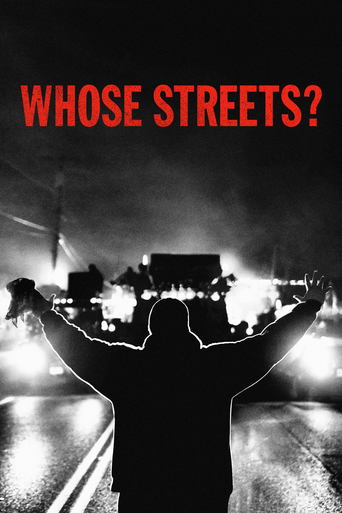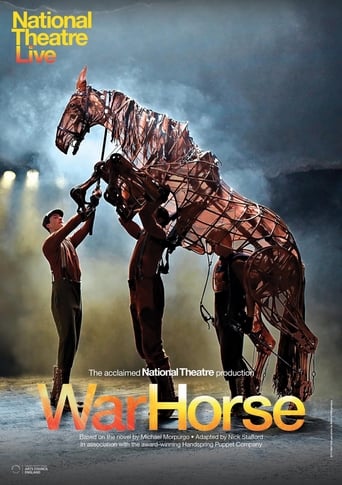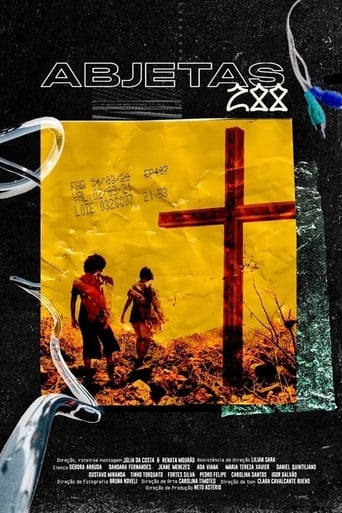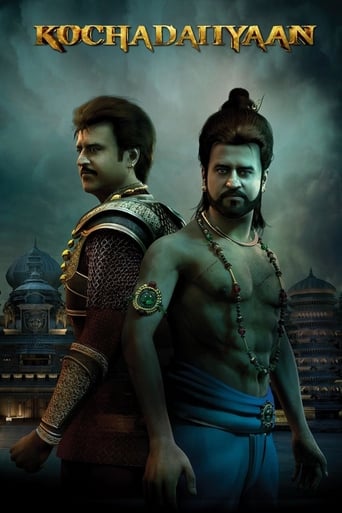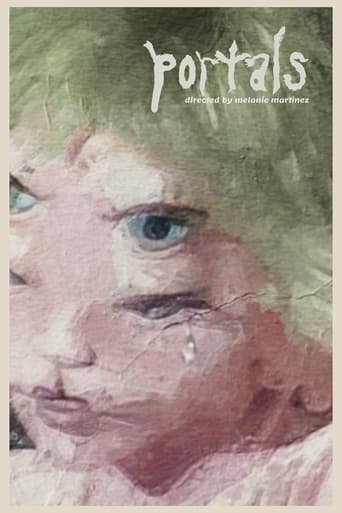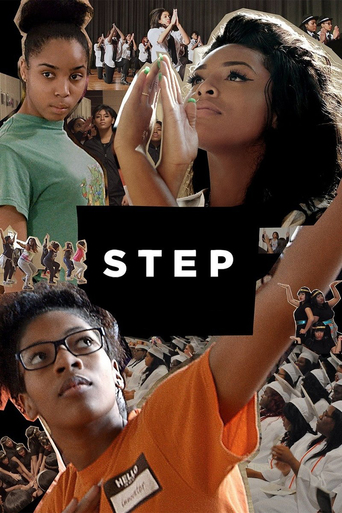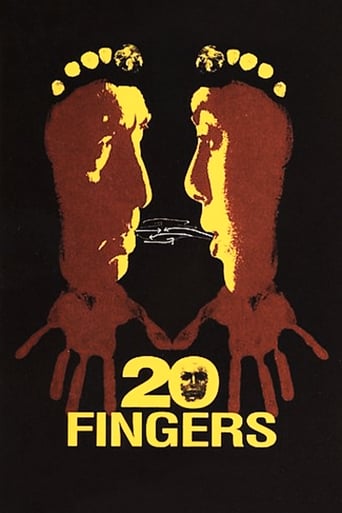
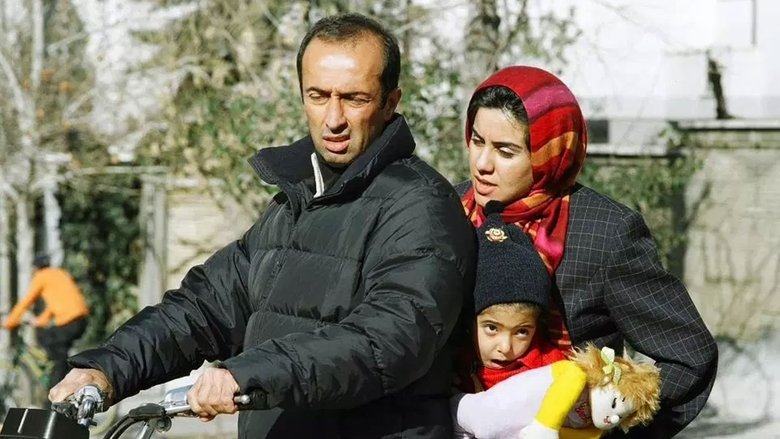
20 Fingers (2004)
The subject of the film is male-female relationships. Composed of 7 vignettes, "20 Fingers" features Mania Akbari and Bijan Daneshmand as a contemporary Iranian couple. The film is an intense, bumpy series of conversations and sometimes quarrels reflecting the problems facing Iranian men and women and the struggle between modernism and tradition, liberalism and conservatism.
Watch Trailer
Cast


Similar titles
Reviews
Why so much hype?
To me, this movie is perfection.
It really made me laugh, but for some moments I was tearing up because I could relate so much.
It is neither dumb nor smart enough to be fun, and spends way too much time with its boring human characters.
I first saw this film in Malmö Film Festival 2006th A very interesting Iranian film by the female director Mania Akbari. The actors perform their roles with great reality and it makes the film affects the audience deeply. It may be uncomfortable at times because of sincerity that patients are explored. A new generation of Iranian films has been born. Here we see that the couple has relationship and marital problems similar to those found in Western countries. It could be about jealousy, abortion. It can be about dancing with another person, homosexuality, sexuality, free relationships and so on. In this film we see a different picture than we're used to from newspapers and televisions. We meet a modern Iran with modern society's problems. This is a wonderful change that is on the process in Iran and Iranian films. Mania Akbari is leading in that way. This is an excellent film with a very high performance.Sohrab Rahimi
An interesting experimental Iranian film, shot on DV, with shades of John Cassavettes. A series of 7 vignettes about married couples. Each story is about different couple, but all are played by the same two actors. Each scene is one shot only, mostly close ups panning back and forth, while the couple is on some mode of transportation (a motorbike, a train, a ski lift). The acting has a rough, improvisational feel, that works very well for the most part. The only negative is that the film starts to get repetitive in theme as well as style. Each story is about women being repressed in some way, and while I understand that's an important theme (in Iran, but really anywhere) I wish it had covered more elements of how couples relate. Still, I'm glad I saw it.
A man and a woman are together as husband and wife, but things are not as smooth as they should be. She has become pregnant with what will be their second child but she doesn't want to have it and has made an appointment for an abortion. He wants another child his chance at a son, but all she can see is this will end any small bit of freedom she has carved for herself and will make her body uglier and fatter. This contentious issue is only one they differ on as the series of scenes highlight the issues faced by men and women living in a traditional religious culture.With a title that refers to the number of sexual partners it takes to turn a woman into a whore (according to a grandmother) this is a fascinating film that delivers just enough narrative to hold the film together as a story while it goes down a much more interesting road of looking at men and women within "modern" Iranian society. The film opens with a rather disturbing scene that didn't totally work for me but then gets better as the dialogue flows, the characters come out and the debate is spread throughout the film by people who discuss it as if they were just normal people in the street. The narrative side of it perhaps takes it to extremes in the final section but otherwise the story holds together well enough and the characters work. Of course, the actual debate side of it is the money, and it is worth seeing this for simply because it allows you a view of a culture you will not know (if you are in the West) and then debates it from both sides. It is fascinating and, more importantly, thought provoking and it is easy to see why it has been banned in some countries where this sort of freedom to think and speculate is not really the norm.In terms of direction, the film is really impressive. Sure some of it is a bit jerky but it is only occasionally that that bothered me but technically it is still very impressive. Long takes in themselves are challenging and it is surprising just how few edits there are in the whole film, but the argument on the motorbike scene is particularly memorable. Most people will think of Goodfellas when asked to name an impressive "one shot" take; perhaps some will think of the bogus "one take" in Snake Eyes, but this sees an argument on a motorbike through the streets, into and then out of a taxi all in one take. Apparently it was very difficult but it was worth it as scene works on both a technical level and in terms of material. With the long takes the actors are even more impressive and both Daneshmand and Akbari are very natural and make the debate and characters work well.Overall this is a fine film that is well worth seeing. The narrative may not be the strongest because of the way in which the film is delivered but everything else works well. The long takes mean that both the acting and directing must have been challenging but they are all impressive. The script comes across natural but provides an insight into the society while also building an interesting and engaging debate around it. Well worth seeing, in particular for the all-star turn from Akbari hitting the target as writer, performer and director.
Directed by Mania Akbari, dedicated to Abbas Kiarostami Starring Mania Akbari, Bijan Daneshmand Mania Akbari, best known as the actress in Abbas Kiarostami's "Ten" wrote, directed and starred in this film which is a series of seven conversations between a man and a woman. In each section Bijan Daneshmand plays the part of the man, he also produced the film.Each of the conversations deals with a different topic that raises differences between men and women, 1 or 2 are issues which are more prominent within a Muslim or other strict religious society but the majority are universal.The first section caused the film to be banned in Iran, a woman's virginity is forcibly taken by her fiancé, why? because in his words "I had to be sure" that she was a virgin. Immediately you are thrown into a society where the majority of women are treated as second class citizens, checked to ensure their virginity is intact before marriage because the loss of it is a source of deep family shame. The woman worries how she will explain the bloody stain to her family while the man appears pretty blasé about the whole incident.Each section picks up a different issue - petty jealousy and attention seeking, abortion and the importance of having a son to carry on the family line, infidelity, what it would be like to be the opposite sex and even lesbianism. The conversations are natural and frank, you feel as though you are eavesdropping on the couples. Apart from one of the sections, the conversations all occur in moving vehicles representing the journeys couples embark on together through life.The chapters are well filmed and special note must be made on the third part which was filmed in busy traffic in Tehran, the couple start of on a motorbike with a young child, because they keep arguing the wife and child disembark from the bike and get a lift from a passing car, the husband on his bike forces the car to pull over, the wife and child exit and after another argument they all ride off on the bike again. Doesn't sound too impressive till you realise it was all done in a single take, no cutting or editing and in real traffic, very skilled film making.As already noted, a lot of these issues are universal but probably more emphasised because of the strict religious background, it is common around the world that a man who puts it about is a stud and is held in esteem by his peers while a woman who does the same is a tart or slut, not only in the eyes of men but of other women as well, something isn't quite right with that ideology.As far as the title goes, I had assumed before seeing the film that the "20 Fingers" referred to the couples, 2 hands each, 20 fingers between them. During the film we're told through one of the conversations that it refers to a remark the woman's Grandmother had made along the lines of "The 20 fingers represented the number of men a woman could sleep with and still be regarded as a woman, any more than 20 and she would be regarded as a prostitute." I was taken aback but this remark is probably metaphorical.This is very brave film-making and hopefully we will see more from Mania Akbari, Recommended viewing.




